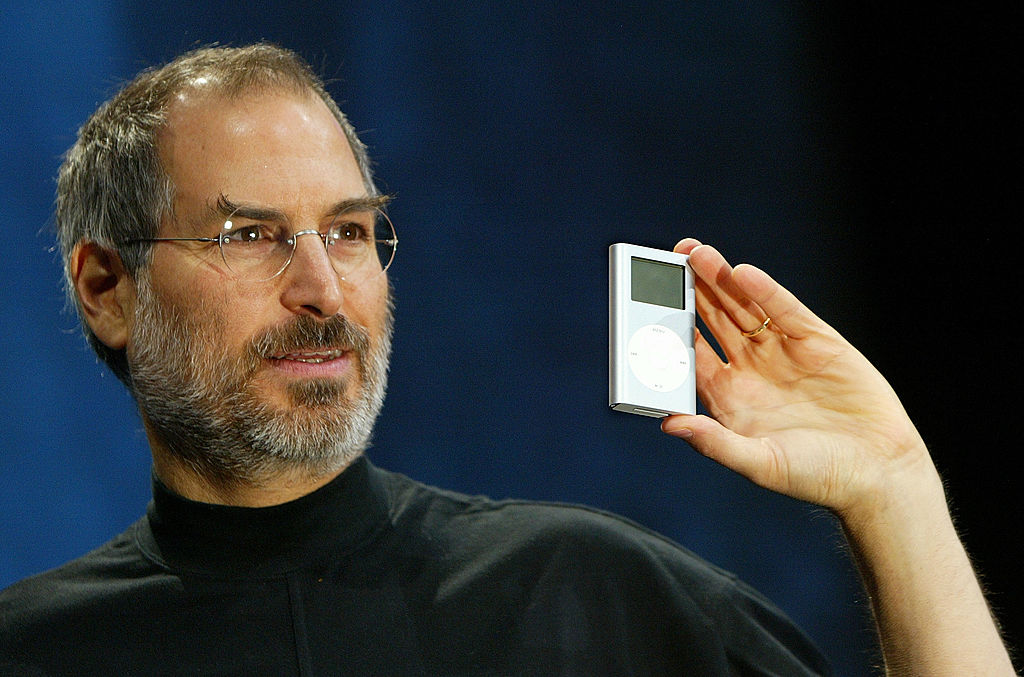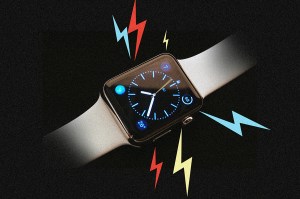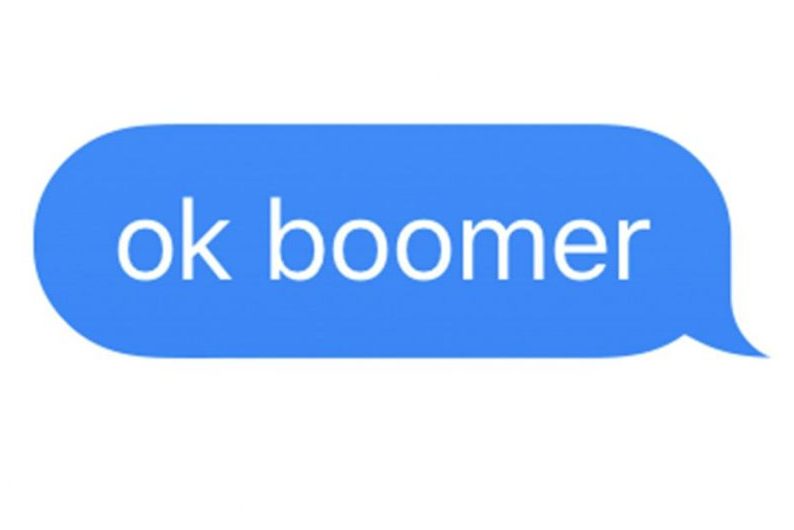Dig into your desk drawers or the recesses of your closet and there’s a decent chance you’ll find an iPod you haven’t powered on since Michael Jackson’s last live tour. With Apple selling over 450 million since their inception in 2001, iPods were once the hottest tech item and fulfilled Steve Jobs’ promise of being able to carry an audio library in your pocket.
How times have changed. Today, the average zoomer is likely to draw a blank when you say iPod, probably mishearing the word for the AirPods line of Bluetooth headphones.
But, for a plethora of reasons, the iPod is once again becoming desirable. The r/iPod subreddit has over 70,000 readers and retro tech enthusiasts like Australian YouTuber DankPods attract millions of views.
In one thread, a user helps to explain why: music “just has more value on an iPod.” The device allows for better and more meaningful curation. And it has none of the constant interruptions that come with a modern smartphone or tablet.
This growing iPod community has even developed their own slang. “Black spot of death” refers to the fragile screens of iPod Nanos being damaged due to a bloated battery. “Caught the sads” is when a hard drive or other critical component fails, as evidenced by the frowning emoticon face seen in error messages.
Part of the new fascination with iPods is simply nostalgia. While for others in Gen Z it’s down to stress. Some are ditching smartphones for dumbphones and want to divorce themselves from the exhausting drama of social media. Niche devices like the Light Phone III – which remove the apps, the constant notifications and even the color from the display – are happy to oblige.
Enter the iPod. While it may not be the ultimate digital detox, it can provide a window into a new and better world of music. The majority of iPods do not have Wi-Fi, which creates a completely distraction-free listening environment. And you actually own your media library. While streaming services like Spotify and Apple Music are often viewed as the default today, they come with a host of problems.
These platforms draw consumers in on what initially seem like reasonable monthly fees, but will inevitably raise prices down the line. While there are a wide selection of albums and songs to choose from, none of it is actually yours. As soon as your subscription runs out, so does your access.
For iPod lovers, the journey to get your music – something countless millennials had to go through – allows them to appreciate it far more. Music has to be bought digitally a la carte or dug up on old CDs and ripped to a computer and then an iPod.
Unlimited choice may not be a good thing either. American psychologist Barry Schwartz famously wrote about the paradox of choice, suggesting that seemingly infinite options will lead to endless deferment instead of real enjoyment of anything offered.
The surge in popularity of the iPod comes after that of vinyl records, cassette tapes and CDs. Sales of vinyl albums have increased from 13.1 million in 2016 to nearly 50 million in 2024. Sony even still produces brand new Walkman music players exclusively for the Japanese market, with some audiophiles on the other side of the Pacific willing to spend hundreds of dollars to import.
Perhaps even more surprising is the return of wired headphones. Tangled cables and dead earbuds were the bane of many millennials’ existence, so the shift to wireless Bluetooth technology should be a welcome change, right? Not so. For one thing, the more devices you have, the more tedious it can get to constantly connect and reconnect headphones. A simple wired connection, however, is instantaneous. And wired headphones do not run on batteries, which gives them far more longevity than wireless sets like AirPods.
It would be a stretch to say that millennial technology is being widely embraced by the majority of zoomers, but online communities have made it easier for fellow old souls to connect with each other and find alternatives to what is being sold to the mainstream. The iPod in particular is symbolic of when music technology still felt fresh and exciting. Now, maybe even with a good pair of wired headphones, you can go back to that time when the music was all that mattered.
The iPod reboot
Music ‘just has more value on an iPod’

Steve Jobs holds a new mini iPod at Macworld January 6, 2004 in San Francisco (Getty)
Dig into your desk drawers or the recesses of your closet and there’s a decent chance you’ll find an iPod you haven’t powered on since Michael Jackson’s last live tour. With Apple selling over 450 million since their inception in 2001, iPods were once the hottest tech item and fulfilled Steve Jobs’ promise of being able to carry an audio library in your pocket.How times have changed. Today, the average zoomer is likely to draw a blank when you say iPod, probably mishearing the word for the AirPods line of Bluetooth headphones. But, for a…

























Leave a Reply